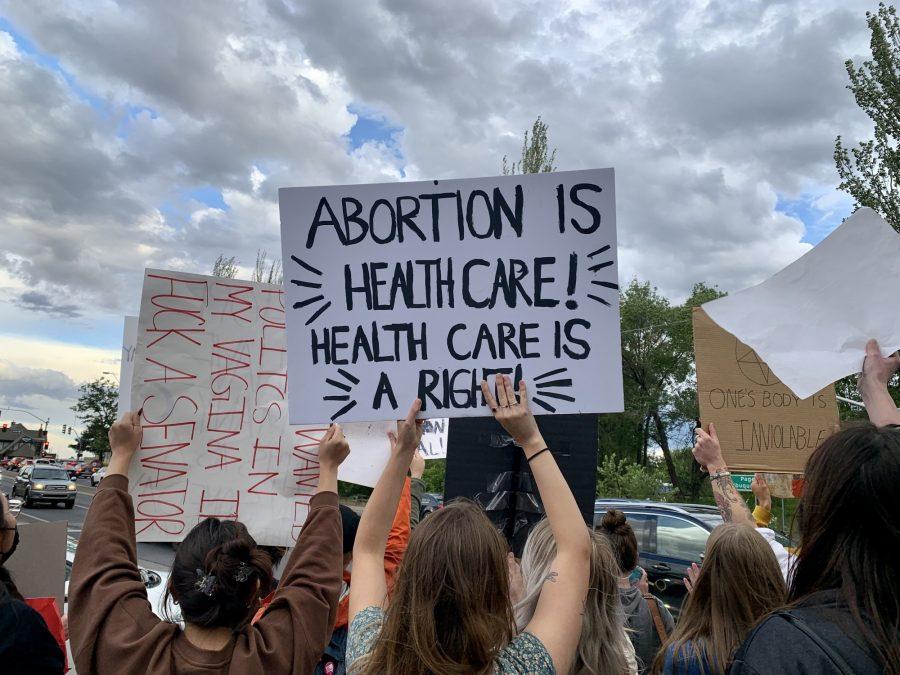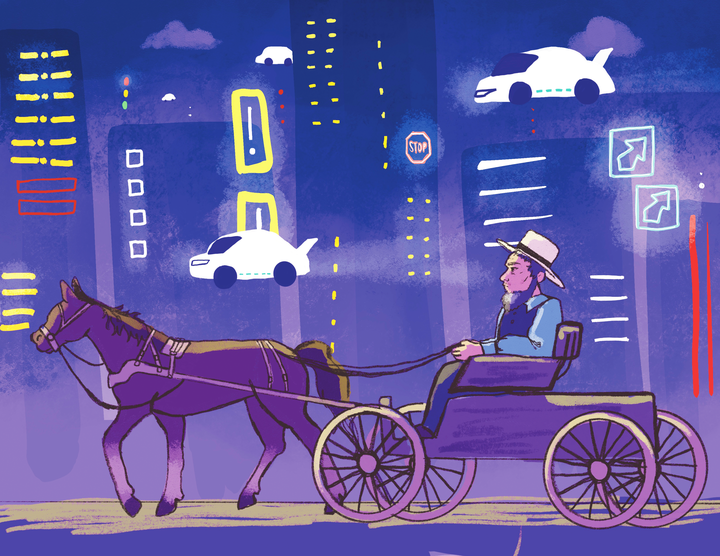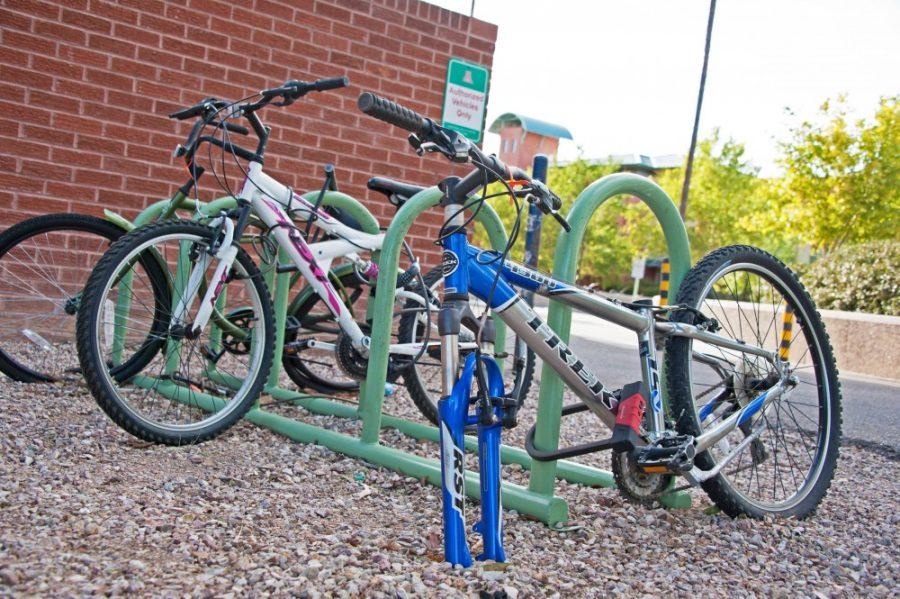On Sept. 23, protesters gathered outside the Arizona State Capitol building in response to Pima County Superior Court Judge Kellie Johnson’s near-total abortion ban.
The overturning of Roe v. Wade in June sparked a wave of abortion bans across the country. Johnson responded to the reversal of Roe v. Wade by lifting an injunction on an 1864 abortion ban. The reinstatement of this 1864 ban effectively made almost all abortions illegal in the state of Arizona, even in cases of incest and rape.
Fortunately, on Oct. 7, the Arizona Court of Appeals temporarily blocked this decision, meaning that abortions can thankfully resume. However, this decision by the Arizona Court of Appeals should not stop the fight for more abortion access. Strict laws, regulations and bans are being implemented in states across the country. Although our state was fortunate enough to bypass this ban, we still need to continue talking about the impacts of punishment for having an abortion.
I ─ along with many others ─ am terrified for the future of our reproductive rights and our livelihoods in Arizona.
Student and activist Jennifer Vo shared what many young women and people with reproductive capacity are feeling right now. “It is scary ─ especially in college ─ because even if I wanted to get into a relationship, I now don’t want that form of intimacy due to the risk,” she said.
Vo is a senior in high school as well as the Southwest regional director of the grassroots organization, Generation Ratify, which works to ensure youth gender equality across the United States. She and I had similar sentiments and concerns about the repercussions this ban will have on students across Arizona.
As someone who is about to enter college, she relayed that a lot of young women and students with reproductive ability are not as inclined to stay in Arizona due to the fear that their basic rights may be stripped away again.
Similarly, with the threat of harsher restrictions on reproductive healthcare, college students and young people who are obtaining their education are finding it more difficult to remain in places with harsher regulations and bans on abortion. With such severe limitations on bodily autonomy that are becoming more common in legislation across the U.S., there is no doubt that students will not feel comfortable working or pursuing their education in states where their reproductive rights are threatened.
I also spoke with Sarah Outland, the research director of the nonprofit GET Cities, which focuses on gender equality in tech workspaces.
In regards to workplaces and companies, Outland found that, “In order to attract top talent, you really need to be in an equitable space, or you’re going to be missing out on half of the population that can make you so much more powerful.”
A survey of 4,400 participants conducted by the Morning Consult found, “more than two in five working adults who say they’re concerned about losing abortion options for themselves or a family member are open to relocating to another state if they could keep their current job and pay.”
If states like Arizona continue down the path of repressive bans on reproductive health, the universities and companies residing here must realize that they are losing students and workers. With access to abortion under Roe, a study done by American University found that with more access to reproductive rights, “women experienced a significant increase in labor force participation” and “women’s educational attainment also grew.”
Student retention rates at any university can determine measures of success. It affects how universities are ranked, perceived, funded and the credibility they have. Workplaces also are concerned with retention rates for the same reasons. Therefore, it would be wise if universities and workplaces remain cognizant of how policies surrounding abortion access are affecting younger students and workers.
RELATED: OPINION: Vote blue for the 2022 Arizona governor race
I believe it is important to mention that ─ although many can find other places to work, live and seek abortion care ─ there are many who are in marginalized or low-income communities that do not have the capacity to move elsewhere. That only makes bans and regulations on abortion even more critical and urgent.
Our rights deserve to be respected in all aspects of our lives, including our education and places of work. The University of Arizona, places of education and businesses must uphold these rights to maintain our willingness to pursue a future here. Unfortunately, it is often left up to us to decide the fate of the future in Arizona, so please get involved and vote for this upcoming election. Arizonans’ reproductive rights depend on it.
Follow Sophia Hammer on Twitter

Sophia is a sophomore studying family studies & human development and global studies. She loves to write pieces concerning politics that affect the Tucson and UA community.










